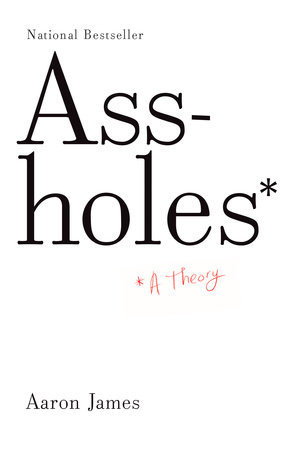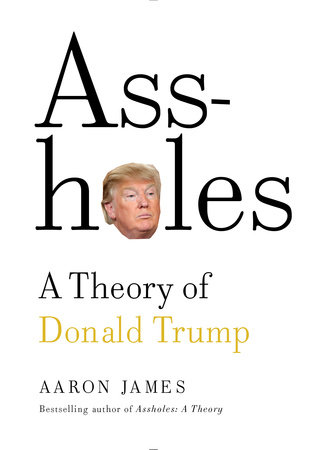A problem (for me) with “damn” and “bastard”
These words make philosophical trouble for my definition of “asshole.” Here’s the problem–and why I’m sticking to my guns.
My definition (in Assholes, ch. 1) implies that clams about who is or is not an asshole can be *true or false*, quite aside from what sorts of people we *approve or disapprove of*. Thus you can correctly think someone is an asshole without disapproving of him (as in “Yeah, that asshole Trump; he’s the man!” or “That asshole MacArthur was, in the end, a force for good”). The asshole can call himself an asshole and approve of this (“I’m an asshole, and proud!”). All without linguistic mistake. (Compare the mistake in: “Boo! for X, but I love X.” huh?)
We do of course use the term “asshole” in a conversation in a way that allows people to infer that we disapprove (I say, spitting, “What an asshole!”). But that inference, so I claim, doesn’t come along with *the very meaning of the word itself*. (The inference to disapproval is only a matter of what gets called “pragmatics,” that is, of what someone can conclude given the conversational context, assumption about why people do or say things, etc.)
In this way, “asshole” is fundamentally different from “damn,” which is plainly expressive. If I say “Damn you!”, it seems pretty clear that I in some sense express my disapproval of you. The word “damn” itself carries that implication when it is sincerely used, by virtue of the linguistic conventions that set its meaning. I can’t sincerely (and properly) say “That damn Trump; but I really like him!”
Here, then, is the rub: David Kaplan, the eminent philosopher of language (at UCLA), thinks that what goes for “damn” also goes for “bastard.” (In a wonderful but unpublished paper.) Suppose he’s right about that. Well, if “bastard” and “asshole” are close cousins in meaning, as it might seem (Kaplan doesn’t speak to that issue), then my thesis is wrong: “asshole” would be like “damn” after all. My whole book would be founded on a huge linguistic misunderstanding–a very bad thing (for me).
Here’s my reply: “bastard” and “damn” aren’t that close in meaning. And “bastard” and “asshole” aren’t that close in meaning. In which case–thank goodness–“asshole” and “damn” pretty far apart after all.
I think this because “bastard” implies treachery or risks of betrayal. When we aren’t thinking of its non-derogatory meaning (“one without a father”), a person doesn’t count as a bastard, in the central, paradigmatic sense, unless they are treacherous or prone to betray others in relationships. It can be true or false of someone that they are so disposed. It would be a mistake to call someone a bastard if he (or she?) were reliably faithful in what his relationships required.
You can of course say “that bastard James” so as to mean just “that damn James,” in which case they come to the same thing. But that, so I claim, isn’t to call James a *bastard*; it is just to use “bastard” to mean “damn.” (Note that saying “that damnable James” or “that damned James” would also be a richer concept that the mere “that damn James”; only “damn” seems to me purely expressive.)
In that case, “bastard” looks pretty different from “asshole” as well. You can be an asshole, I’d say, without being prone to treachery or betrayal. (Though one kind of asshole is also a bastard.) Allowing yourself special advantages in cooperative life from an entrenched sense of entitlement that immunizes against the complaints of others, as the asshole does, is a different kind of vice. You could betray someone for other reasons, for instance, out of pure selfishness that isn’t bolstered by unfounded entitlement rationalizations.
So I’m not in trouble after all.

